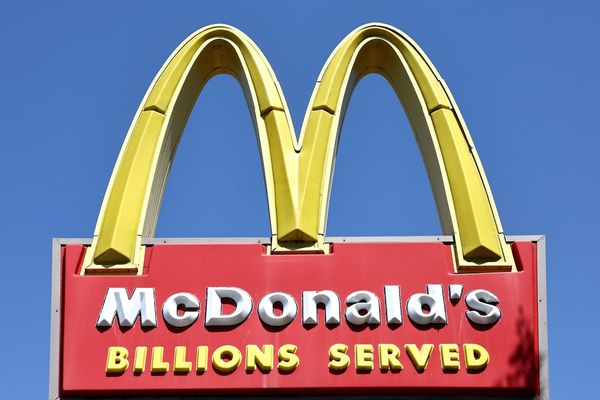
More than half of shoppers have noticed that so-called “skimpflation” has lowered the quality of some supermarket food and drink products despite them costing the same as before, a survey suggests.
In the latest scourge to affect consumers, 52% of Britons have reported seeing a downgrade in the quality of ingredients in their favourite products while the cost remains the same or has increased, according to a monthly survey for Barclays.
Among those who had noticed changes, 44% had noted a change in the quality of crisp products, 43% had seen the same for sweets and chocolate, and 36% thought that their favourite cakes or biscuits were inferior to before.
Just over a fifth of consumers (22%) believe takeaways are decreasing in quality, while 20% think the same of restaurant meals – both without a corresponding fall in price.
Some 41% of consumers say they have noticed skimpflation on products other than food and drink, with 44% believing the quality of clothing is falling and 37% saying the quality of toiletries and cosmetics has dropped.
The fall in the quality of products comes on top of “shrinkflation”, which continues to be front of mind for 84% of shoppers, with chocolate, crisps and biscuits remaining the products most commonly identified as being affected.
The trends come amid a muted August for spending, with year-on-year growth of just 2.8% noticeably lower than July’s 4%, according to the Barclays Consumer Spending Index, based on the bank’s debit card and Barclaycard credit card transaction figures.
Almost a third of consumers (31%) also expect this coming Christmas will be more expensive than last year, and 17% have started saving already.
Despite this, consumers’ confidence in their household finances and the ability to live within their means has increased slightly to 67% and 72% respectively, up from July’s 65% and 70%.
Shrinkflation - and now skimpflation - are increasing concerns for value-seeking shoppers— Esme Harwood, Barclays
Esme Harwood, director at Barclays, said: “Shrinkflation – and now skimpflation – are increasing concerns for value-seeking shoppers. However, Brits’ confidence in their household finances is unwavering, suggesting they remain resilient in the face of these inflationary pressures.”
Ele Clark, Which? retail editor, said: “Shoppers might spot a smaller pack size or higher price before they get to the till, but they’re unlikely to notice a recipe change until they’ve bought the product and sampled it.
“Quietly altering recipes to cut costs at a time when many people have a lot less to spend won’t help rebuild dwindling trust in the food sector, so it’s important that manufacturers and supermarkets are upfront about changes to popular products – that way customers can make an informed choice.”









